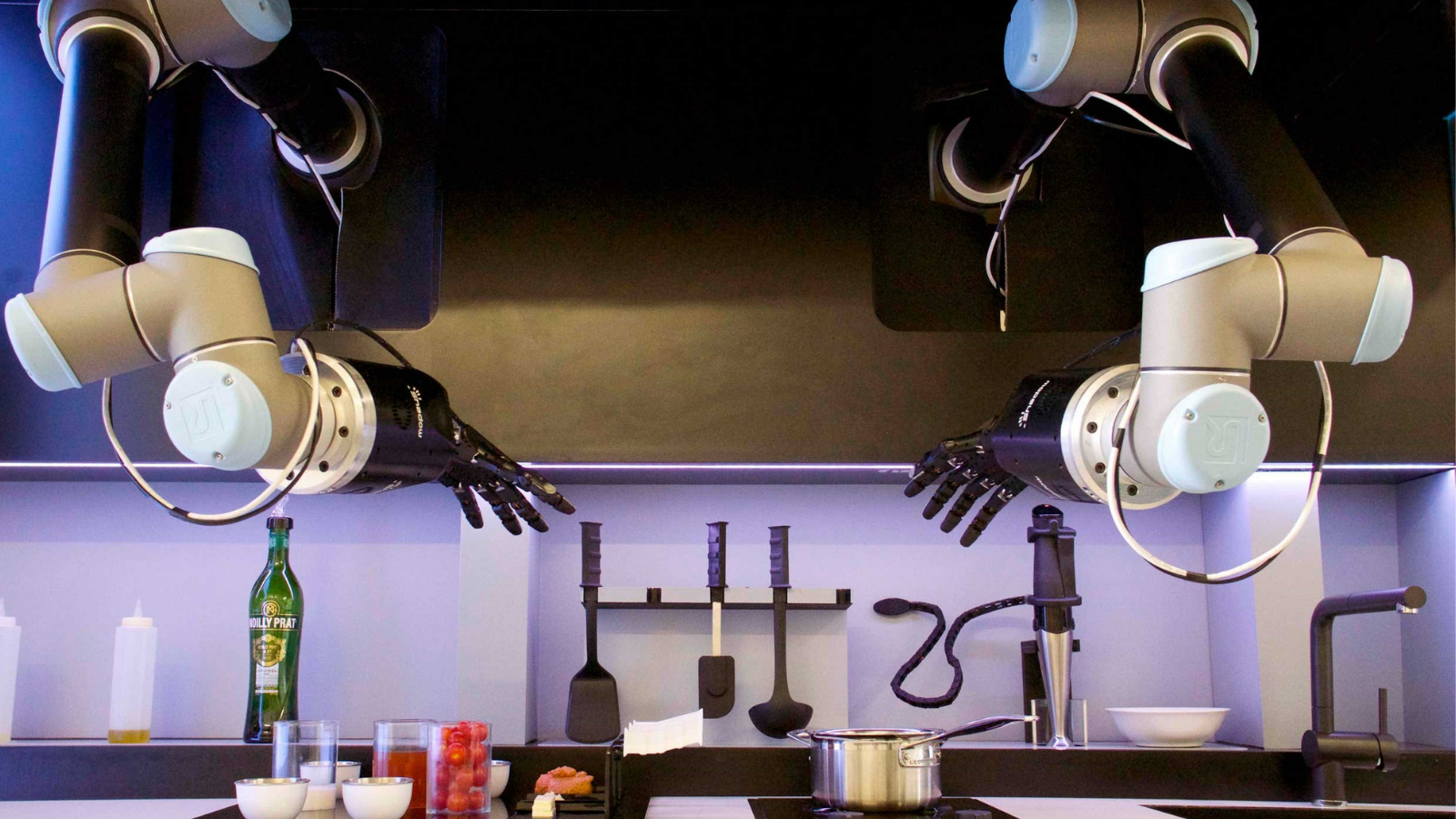A recent Business Wire report now predicts that self-service kiosks will be one of the fastest expanding businesses over the next 4 years. Technavio estimates that industry growth will be approximately 2.3 billion dollars per year over the next four years. But what does that mean for companies that rely on their unique brand of customer service? What does this mean for human interaction? Ultimately, what does it mean for the bottom line of companies that rely on direct contact with the public (think healthcare facilities, airports, retail stores, restaurants, salons, etc.)
There is no doubt that COVID has changed the way people interact publicly. Less contact, social-distancing, limited capacities; all of these things are changing the way we interact with each other, the way businesses interact with their customers, the way that employees interact with employers and the way those employees interact with their patrons. One concern that has rapidly become pre-dominant in the service industry is trying to maintain personal interactions while limiting the physical contact between employees and the public.
In the travel industry, the days of direct concierge services as become difficult to maintain. Airports that once kept Information Desks staffed and ready to help travelers simply cannot afford the cost or risk that is associated with these services. So how do entire industries adapt to maintain their personality and mission statements, while trying to create safe environments for their clients? Enter the self-service kiosk with a personality!
For years we have seen these devices in Science-Fiction movies, such as ticket takers in The Fifth Element, HAL 9000, and many more. Machines designed to emulate, if not recreate, the feeling of interacting with a person, or at least a personality. Now, these devices are coming into their own, in the age of COVID. Star Wars like robots are now chasing around people in airports, to help them with check-in, cooking robots, automated checkout, and more. But now we are beginning to see these same devices exhibiting human-like behavior and even having personalities; enter PRSONAS™!
With human-like features, and a personality that is always on message and never needs coaching (unless you want to) PRSONAS™ characters and personality engines are finding traction providing intelligent services in place of their human counterparts. While on the surface “replacing” people sounds pretty bad, the truth be told, the artificial intelligences actually free up high-value employees to provide higher-end services for customers, while leaving the often repeated and mundane tasks to the machines. These new artificial workers can do this while maintaining corporate images, ranging from quirky to very serious. (We prefer the more light-hearted approach, but the PRSONAS™ engine can be whatever companies need them to be) and they can do it 24/7/365!
Danny Tomsett, the CEO of Uneeq, sees digital humans as a kind of middle ground between chatbots and live support, offering the scale of the former with the empathy and body language of the latter.
“The human touch is really one of the key factors that creates emotional connection with brands,” Tomsett says. “We can’t scale humans in a way that addresses all those needs in society.”
Even though it’s obvious you’re talking to a machine, people still come away with positive reactions. Over 90% of people who converse with digital humans smile at some point, and that in itself creates a dopamine release, even when they know the interaction is fake.
“They really can generate human response, because despite them not being human,
we’re hard-wired for connection,” Tomsett says.
During a call with a number of airport executives, several interested parties were quick to reveal that one of the most common issues with people in unfamiliar settings was simply finding their way around. “We have to find a way to maintain close contact with travelers without putting our employees at risk”, said one airport manager, “ services desk staffing is expensive and there is a lot of exposure, and as much as it pains me, these digital personalities seem to be the wave of the future, and it really seems to be working.”
 Raymond Winters
Raymond Winters

 Raymond Winters
Raymond Winters
